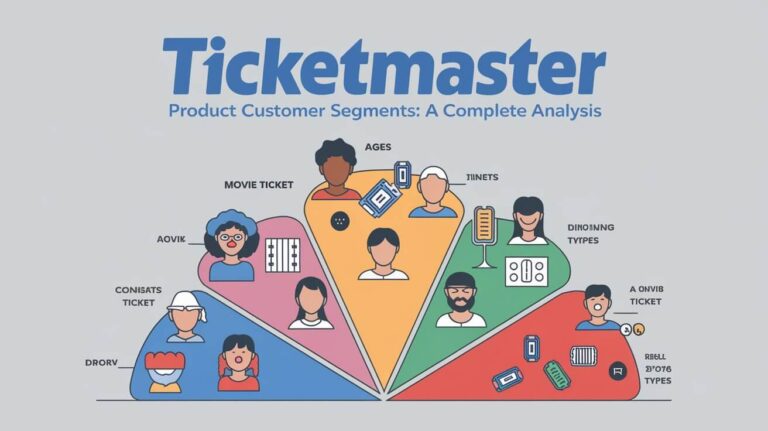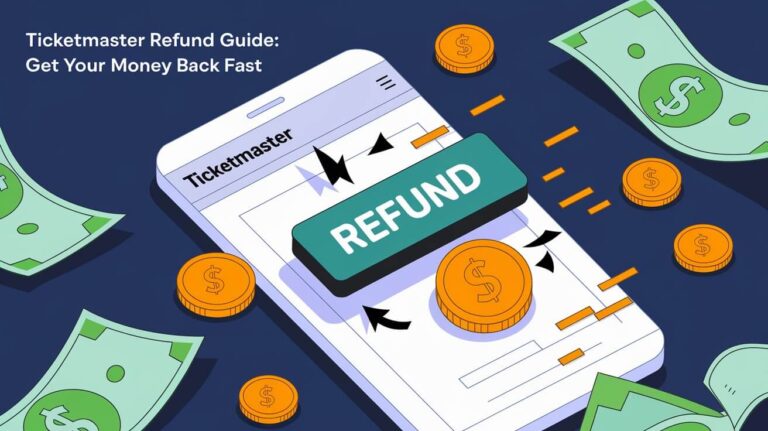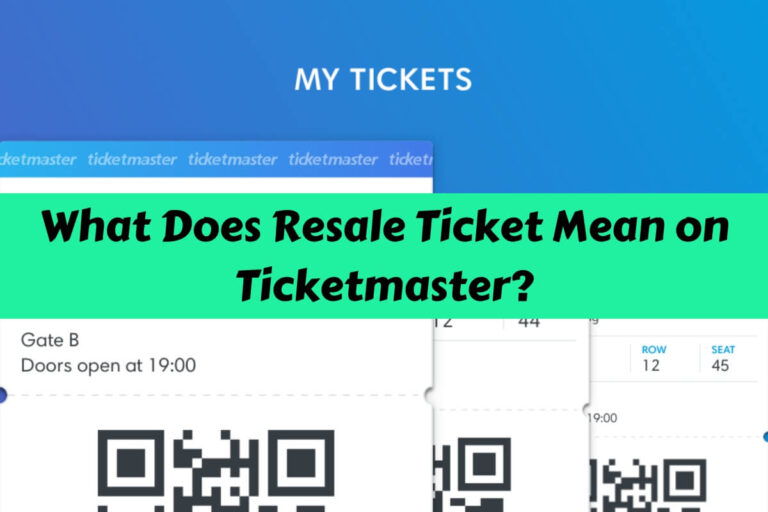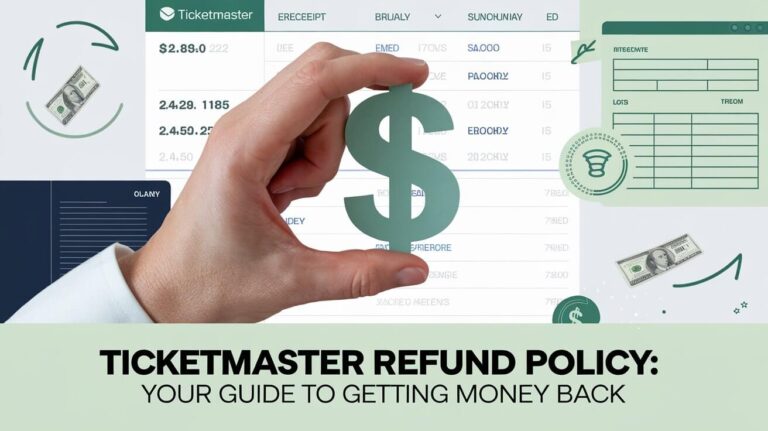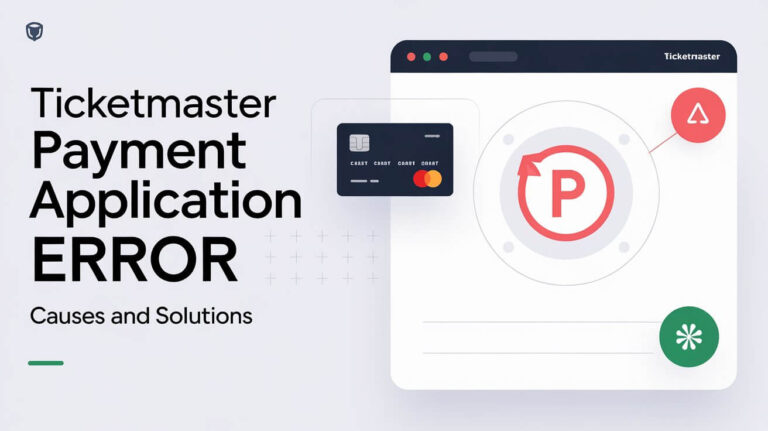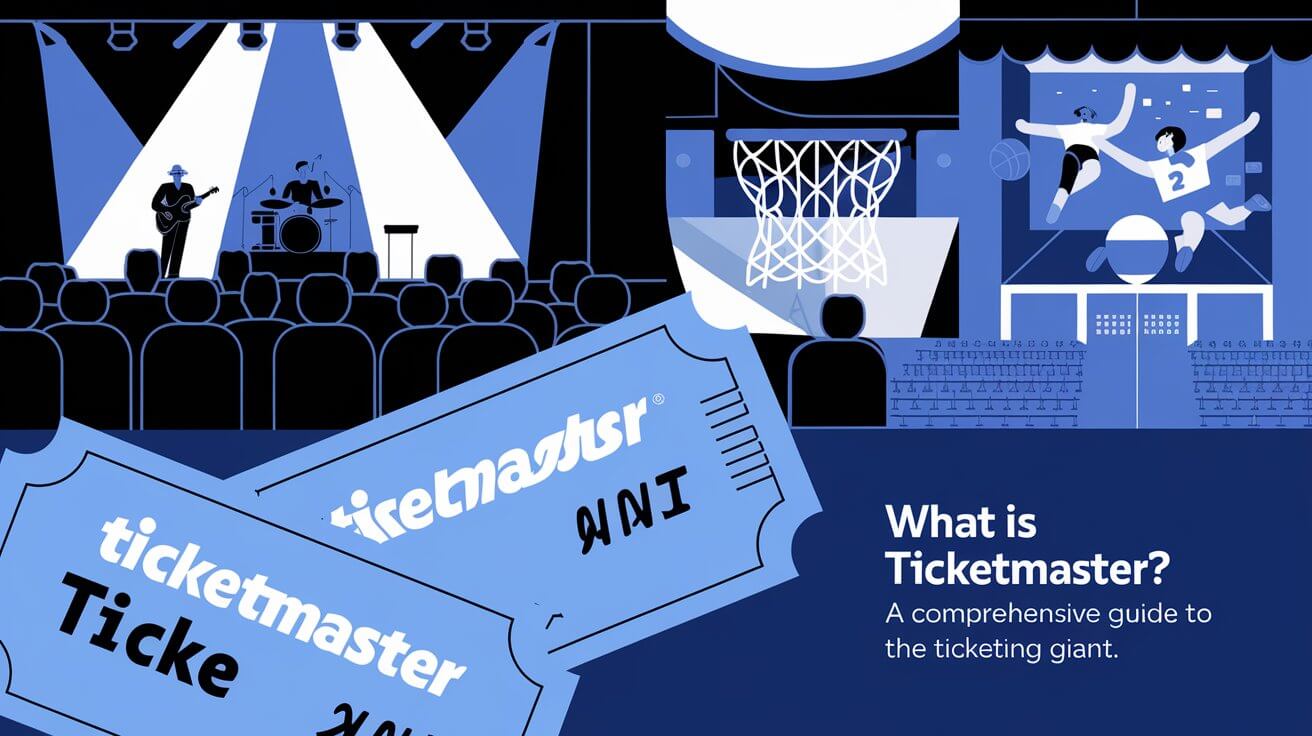
Ever wondered how millions of fans snag tickets to their favorite concerts, sports events, and theater shows? Ticketmaster is the powerhouse behind much of this ticket-selling magic, serving as the world’s largest ticketing platform. This article digs into the ins and outs of Ticketmaster, exploring its history, operations, and impact on the entertainment industry.
Introduction to Ticketmaster
Ticketmaster isn’t just another company—it’s a ticketing titan that’s become almost synonymous with event access. Founded in 1976, it’s grown into a global leader, selling over 500 million tickets annually across 35 countries.
Brief Overview of Ticketmaster’s Role in the Entertainment Industry
Ticketmaster acts as the middleman between event organizers and fans. It handles ticket sales, distribution, and marketing for a vast array of events. From chart-topping music tours to major league sports, if there’s a big event, chances are Ticketmaster’s involved.
The Significance of Understanding Ticketmaster for Event-Goers
Knowing how Ticketmaster works can be a game-changer for fans. It can help you navigate the ticket-buying process, understand fees, and even boost your chances of scoring those hard-to-get tickets. Whether you’re a concert enthusiast or a sports fanatic, Ticketmaster knowledge is power in the world of live events.
The History and Evolution of Ticketmaster
Ticketmaster’s journey from a small Arizona-based startup to a global ticketing giant is quite a ride. Let’s take a trip down memory lane.
Ticketmaster’s Founding and Early Years
In 1976, college staffers Peter Gadwa and Albert Leffler, along with businessman Gordon Gunn III, launched Ticketmaster in Phoenix, Arizona. Their goal? To create a computerized ticketing system for colleges. The company’s first big break came in 1977 when they ticketed an Electric Light Orchestra concert at the University of New Mexico.
Key Milestones in Ticketmaster’s Growth
Ticketmaster didn’t stay small for long. By the 1980s, it was expanding rapidly:
- 1982: Fred Rosen became CEO, moving the company to Los Angeles.
- 1991: Ticketmaster acquired its main rival, Ticketron, becoming the industry leader.
- 1996: Ticketmaster.com launched, selling its first online ticket.
- 1998: USA Networks (later InterActiveCorp) bought a majority stake in Ticketmaster.
The Live Nation Merger and Its Impact
In 2010, Ticketmaster merged with Live Nation, the world’s largest concert promoter, forming Live Nation Entertainment. This move reshaped the industry, combining ticketing, promotion, and venue management under one roof. It also sparked debates about market dominance and fair competition.
How Does Ticketmaster Work?
Ticketmaster’s operations might seem mysterious, but let’s pull back the curtain and see what’s really going on.
The Ticketing Process Explained
When an event goes on sale, Ticketmaster’s platform becomes the go-to spot for fans. Here’s a simplified breakdown:
- Event organizers set ticket prices and allocate seats.
- Ticketmaster lists the event on its platform.
- Fans search for and select tickets.
- Ticketmaster processes the purchase, adding its service fees.
- Tickets are delivered electronically or mailed to buyers.
Ticketmaster’s Role for Venues, Artists, and Promoters
Ticketmaster doesn’t just serve fans. It provides valuable services to the event industry:
- For venues: Ticketmaster offers ticketing software and marketing support.
- For artists: It provides data on ticket sales and fan demographics.
- For promoters: Ticketmaster helps with event promotion and ticket distribution.
The Technology Behind Ticketmaster’s Operations
Ticketmaster’s tech is the backbone of its operations. It uses advanced algorithms to manage ticket inventory, process sales, and combat fraud. The company has also embraced mobile ticketing and blockchain technology to enhance security and reduce ticket counterfeiting.
Ticketmaster’s Services and Features
Ticketmaster offers more than just primary ticket sales. Let’s explore its range of services.
Primary Ticket Sales
This is Ticketmaster’s bread and butter. When tickets first go on sale for an event, Ticketmaster handles the initial distribution. It manages everything from seat selection to payment processing.
Resale Marketplace
Ticketmaster also operates a resale platform. This allows ticket holders to resell their tickets legally and safely. It’s a way for fans to offload tickets they can’t use and for others to find tickets to sold-out events.
Fan Verification and Anti-Scalping Measures
To combat scalping and bots, Ticketmaster has introduced several features:
- Verified Fan: This system aims to get tickets into the hands of real fans, not resellers.
- Dynamic pricing: Prices adjust based on demand, potentially reducing the incentive for scalping.
- Ticket transfer limits: Some events limit how many times a ticket can be transferred.
Ticketmaster’s Market Position and Reach
Ticketmaster’s influence in the ticketing world is hard to overstate. Let’s look at its market dominance.
Global Presence and Market Share
Ticketmaster operates in over 35 countries worldwide. In the U.S., it controls more than 70% of the ticketing and live events market. For live concerts specifically, that number jumps to over 80%.
Partnerships and Exclusive Deals
Ticketmaster has forged partnerships with major sports leagues like the NFL, NBA, and NHL. It also has exclusive deals with many large venues. These agreements have strengthened Ticketmaster’s market position but have also drawn criticism from competitors and regulators.
Controversies and Criticisms Surrounding Ticketmaster
Despite its success, Ticketmaster has faced its share of controversy. Let’s dive into some of the main issues.
Fees and Pricing Concerns
One of the biggest complaints about Ticketmaster is its fees. These can sometimes add up to 75% or more of the base ticket price. Critics argue these fees are excessive and lack transparency.
Antitrust and Monopoly Allegations
Ticketmaster’s dominant market position has led to accusations of monopolistic practices. The 2010 merger with Live Nation particularly raised eyebrows. In 2024, the U.S. Department of Justice filed an antitrust lawsuit against Live Nation Entertainment, alleging violations of antitrust laws.
High-Profile Incidents and Public Backlash
Ticketmaster has faced public outcry over various incidents. A notable example was the Taylor Swift “Eras Tour” presale debacle in 2022. The system crash left many fans unable to purchase tickets, leading to widespread criticism and renewed scrutiny of Ticketmaster’s practices.
Alternatives to Ticketmaster
While Ticketmaster dominates the market, it’s not the only player in the game.
Competing Ticketing Platforms
Several companies offer alternatives to Ticketmaster:
- Eventbrite: Popular for smaller events and independent artists.
- SeatGeek: Known for its deal-scoring algorithm and mobile-first approach.
- AXS: Owned by AEG, a major Ticketmaster competitor.
Direct-to-Fan Sales Models
Some artists and venues are exploring direct ticket sales to fans. This approach aims to cut out middlemen and reduce fees. However, it often lacks the reach and infrastructure that Ticketmaster provides.
The Future of Ticketmaster and Event Ticketing
The ticketing industry is evolving rapidly. Here’s what might be on the horizon.
Technological Advancements in Ticketing
Ticketmaster is investing in new technologies to improve the ticket-buying experience:
- Facial recognition for entry to events
- Virtual reality experiences for ticket holders
- Blockchain for more secure ticket transfers
Changing Consumer Expectations and Industry Trends
Fans increasingly expect a seamless, mobile-first experience. They’re also demanding more transparency in pricing. These trends are pushing Ticketmaster and its competitors to innovate and adapt.
final thoughts
Ticketmaster is a big part of buying tickets for events. It’s not perfect, but it helps connect fans, artists, and venues. Knowing how it works can make buying tickets easier. The ticket-buying world is changing, with new tech and more competition. This might lead to better ways to get tickets in the future. So when you buy your next ticket, remember there’s a lot going on behind the scenes. This knowledge might even help you get better seats next time.


